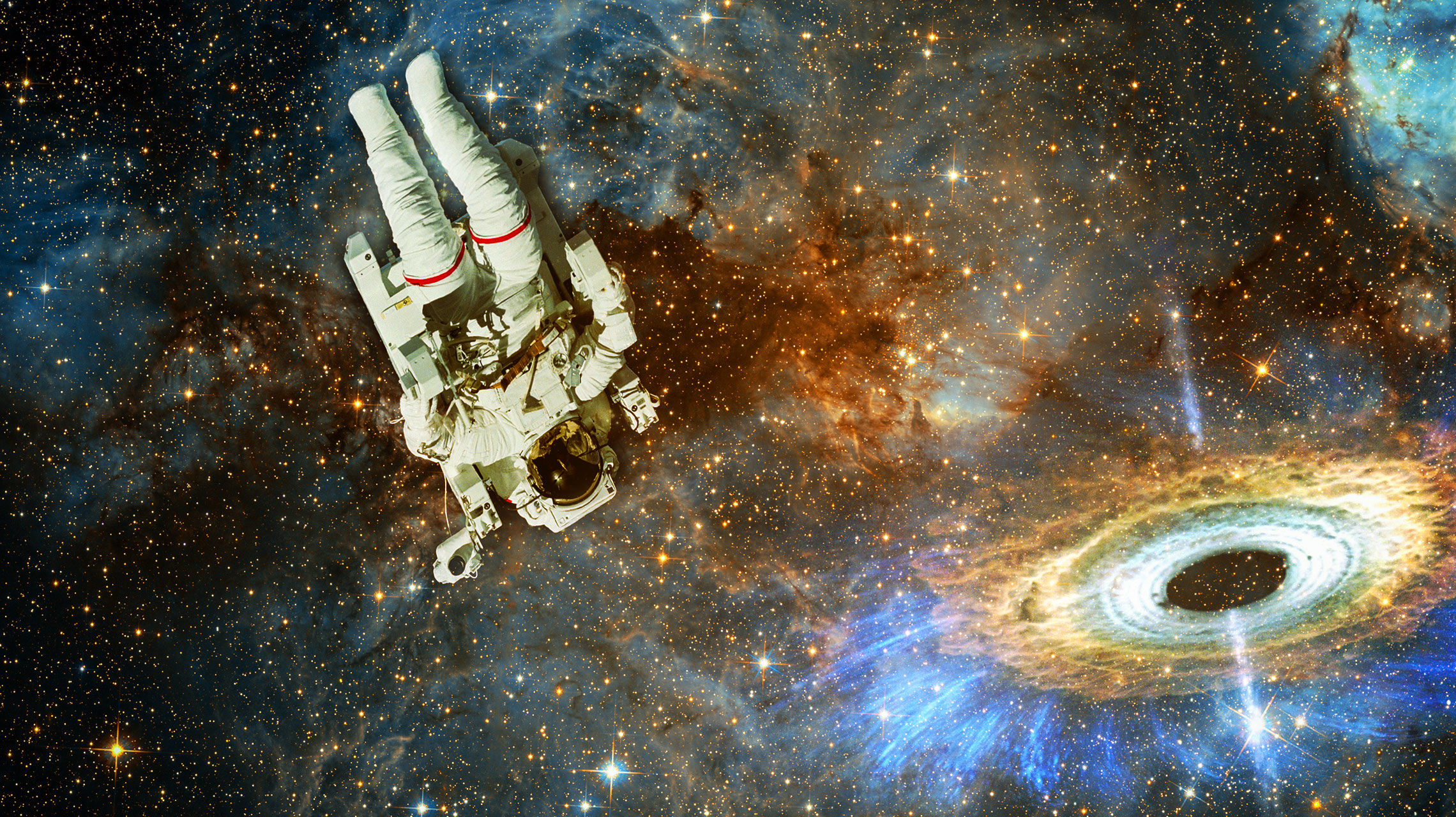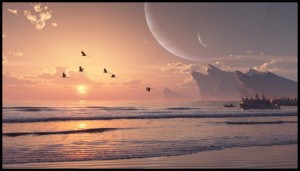Create a free profile to get unlimited access to exclusive videos, sweepstakes, and more!
Help find an alien moon

 David Kipping is an astronomer at the Harvard-Smithsonian Center for Astrophysics, one of the most prestigious astronomical research institutions on Earth. He studies exoplanets: planets orbiting other stars. Specifically, he's interested if they have moons. Why? Because big, massive planets are the easiest to find, but even if they orbit their parent star at the right distance to have liquid water, they're too big to harbor life as we know it. But it's possible some of these giants might have moons that could! After all, both Saturn and Jupiter have moons we know are made of water (mostly ice, but also some have liquid water).
David Kipping is an astronomer at the Harvard-Smithsonian Center for Astrophysics, one of the most prestigious astronomical research institutions on Earth. He studies exoplanets: planets orbiting other stars. Specifically, he's interested if they have moons. Why? Because big, massive planets are the easiest to find, but even if they orbit their parent star at the right distance to have liquid water, they're too big to harbor life as we know it. But it's possible some of these giants might have moons that could! After all, both Saturn and Jupiter have moons we know are made of water (mostly ice, but also some have liquid water).
The problem is detecting them. It's a difficult, complicated problem given the data we have, but Dr. Kipping thinks he may have a way to tease them out of the observations. The problem is simply computational time, and that means a fast, dedicated computer. Getting funds for that is hard, so he's set up a campaign to raise money on petridish.org -- which is like KickStarter but for science -- called Help Us Find the First Exomoon. He's hoping to raise $10,000 to get the computer he needs.
Here's his pitch:
Not bad. This is a worthy project, and one I think is very cool as well. I know some folks who study exoplanets, and they're very excited about looking for moons. It pushes our technology to the limit, but it certainly can be done. And you can help make it happen!
And I have to chuckle; he used images by my friend Dan Durda, whose artwork has graced my blog many times (the painting at the top is one of Dan's) and some time lapse footage from TimeScapes, which I've featured here before as well. Small world. Or worlds.
Tip o' the Doppler wobble to geologist Matthias M. M. Meier.


























